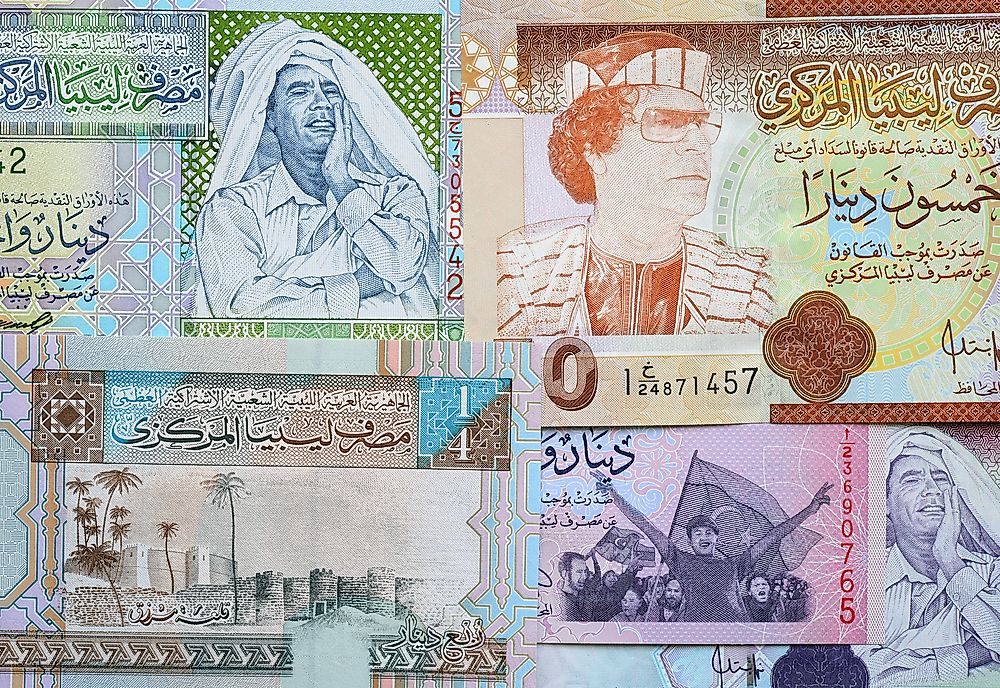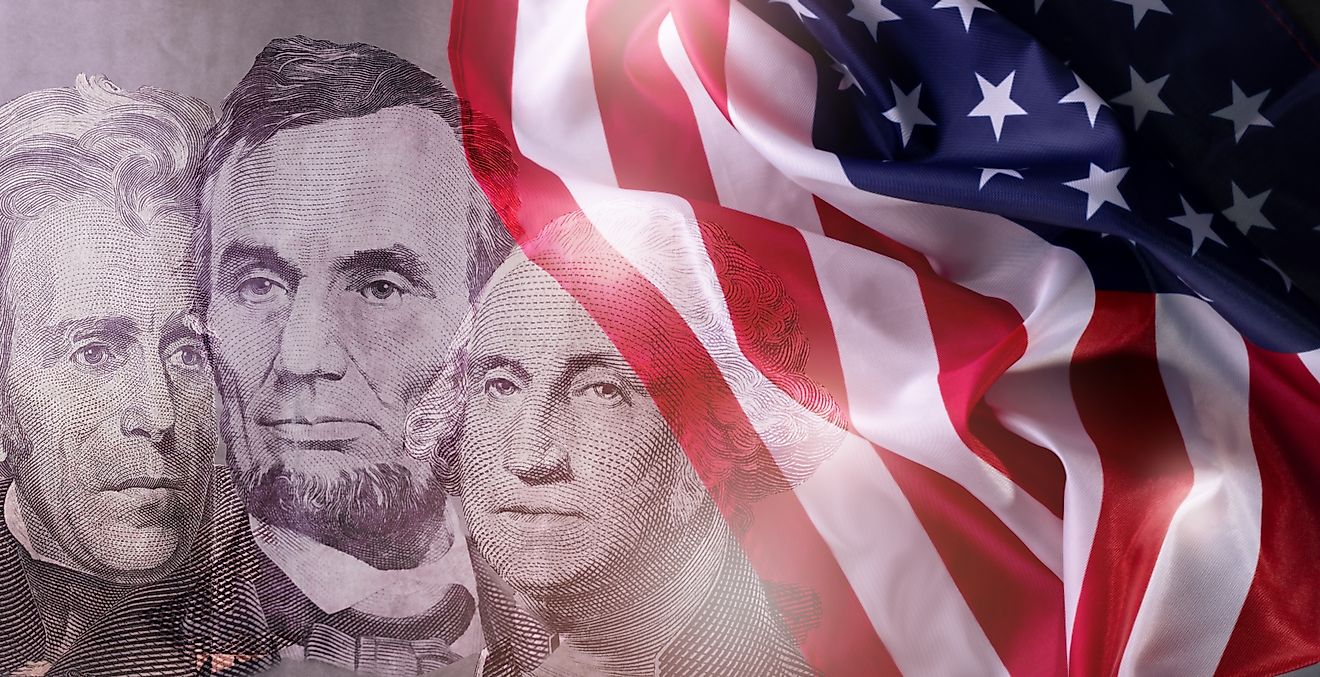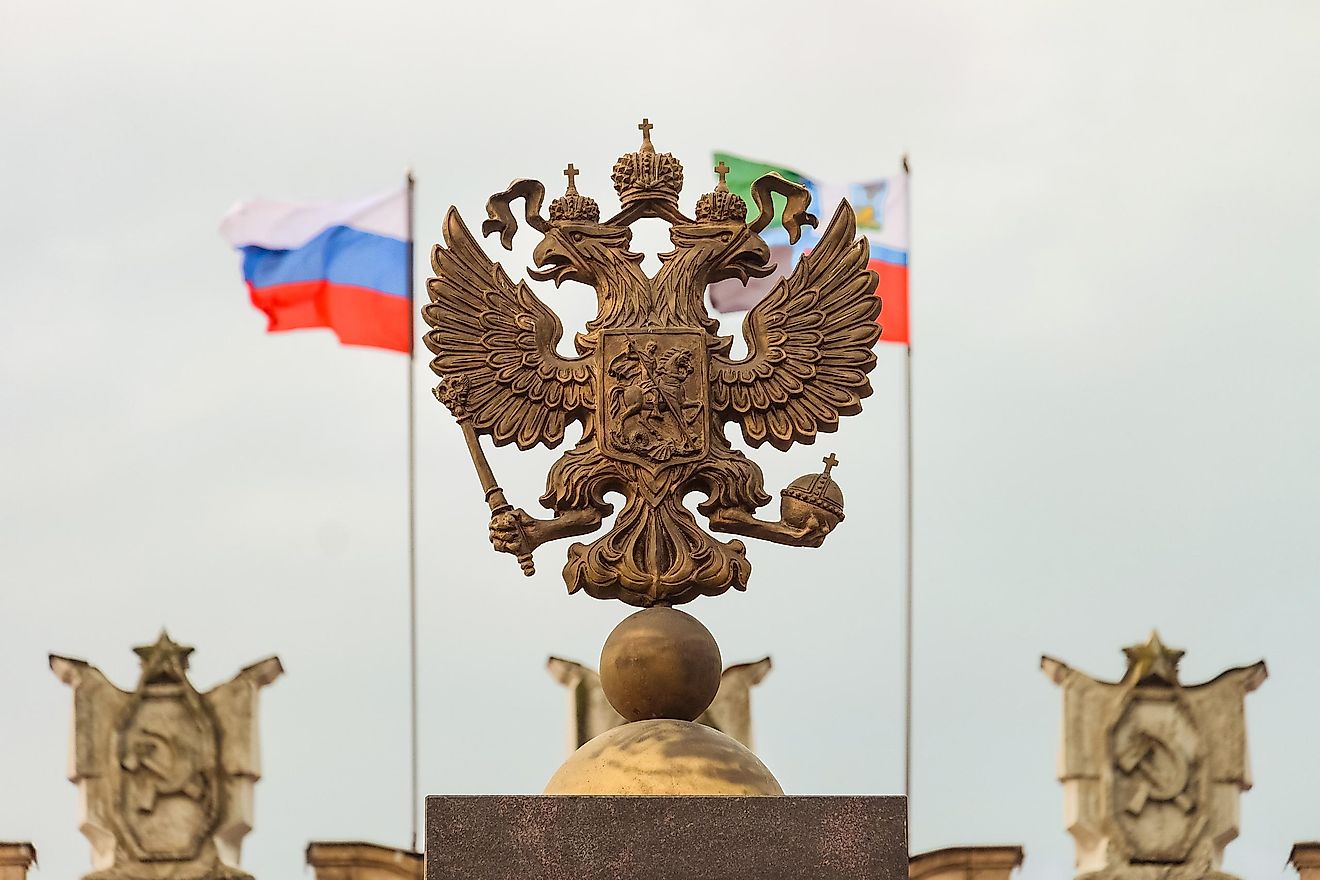Muammar Gaddafi - Figures in History

5. Early Life
Although Gaddafi's exact date of birth is unknown due to his family being of Bedouin decent, Gaddafi was born between 1940 and 1943. Bedouin people of the deserts of Africa and The Middle East are well-known for their constant travelling, as well as living somewhat simple lives in harsh conditions. Most Bedouin people see no need for record keeping or literacy due to the fact they have lived without them for centuries. At the approximate age of 10, Gaddafi attended his first school. Despite the financial pressure it put upon his family, his mother and father knew it would be of great benefit. Gaddafi continued his education until dropping out of The University of Libya to pursue a military career in 1963.
4. Career
Gaddafi realized the armed forces were the best route for increasing his social status in Libya. He began his military training in Benghazi, Libya and eventually trained in The United Kingdom in 1966, where he learned English. In 1969, at the young age of 27, he led a bloodless military revolution against King Idris, the ruler of Libya at the time. As soon as Gaddafi seized power, he began dismantling contracts made between foreign oil companies and King Idris that were determined on exporting Libya's natural oil for pennies, leaving little for the people of Libya.
3. Influence
Supporters of Gaddafi within Libya praise him for creating an "almost classless" society, with equatable distribution of wealth, land, and other resources including education, which was free. Libya's national resources would not have benefited the Libyan people as greatly if Gaddafi never gained power. Critics, far outnumbering supporters, claim Gaddafi was a brutal, inhumane dictator of oppressed people.
2. Challenges
Gaddafi faced many challenges during his tenure in power. He was of Bedouin descent and came from an extremely poor background which was a major challenge. In the late 1980's, Gaddafi was accused of involvement with the Lockerbie Bombing over Scotland. Economic and military actions against Libya were somewhat common throughout the rule of Gaddafi. Gaddafi was always a staunch opponent of Western imperialism and was seen as an inconvenience to many different governments. Although diplomatic relations with the United States resumed in 2006, Gaddafi was still vehemently opposed to any Western influence in supposed third-world nations.
1. Death and Legacy
Gaddafi adopted Arab nationalism as his main ideology, influenced by his hero, Gamel Nasser of Egypt. This ideology called for the unification of the Arab people, under one large country or state. Gaddafi was the Head of State for Libya from September 1st 1969 until October 20th, 2011, making him the longest serving Head of State in history that was not royalty. During the brutal Libyan Civil War, Gaddafi ordered troops to commit many abhorrent crimes against his own citizens. Gaddafi died after being captured by rebel forces on October 20th, 2011 and was beaten to near death and then shot. The Libyan Civil War is by far the greatest and most disturbing legacy left by Gaddafi, and his violent death was purely a reflection of how many Libyan people were treated during his rule.











